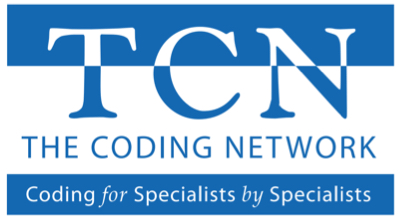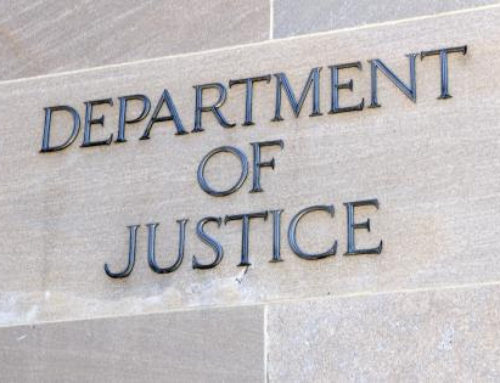Scholastic and country healing centers will probably observe a cut in Medicare subsidizing if the CMS concludes a proposition to diminish repayment for more-complex patients, as indicated by a Moody’s Investors Service examination discharged Monday.
Under the CMS’ recently proposed installment structure, the organization needs to level installments for a few charging codes instead of paying more for complex cases and less for easier patient cases. That adequately will give essential care doctors an increase in salary and authorities a compensation cut, Moody’s said in a note.
Scholarly medicinal focuses and provincial healing facilities tend to utilize more masters, and they tend to see more wiped out patients, in this way expanding their odds of seeing a cut in Medicare repayment, as per Moody’s.
The CMS gauges that cardiologists, oncologists and neurologists would see a 3% installment cut, rheumatologists would get a 6% cut and endocrinologists a 8% cut on the off chance that it concludes the proposition.
Network healing facilities will probably get an increase in salary since they utilize numerous essential care doctors who see less perplexing cases, as per Moody’s.
Most doctors charge Medicare for quiet visits under a generally non specific arrangement of codes that recognize the level of intricacy and site of care, known as assessment and administration visit codes. The framework has been set up since 1995.
The organization proposed another installment structure for E/M benefits that crumples the level 2 through level 5 office codes into single mixed installment rates for new and built up patients.
The CMS presently repays $148 for level 5 visits. It’s proposing to decrease that to $93. In the interim, level 2 cases will go from $45 in repayment to $93.
Notwithstanding a compensation cut, the proposed change could give authorities a motivator to look for healing facility work instead of keeping up autonomous work on, as per Moody’s.
The code change was done to a limited extent to lessen documentation necessities for suppliers. In any case, the proposition may really posture little help, as per Moody’s. That is on the grounds that the proposition doesn’t change documentation necessities for private safety net providers, which are the biggest wellspring of installment for office visits.
The CMS will acknowledge open remarks on its proposed govern until Sept. 10.






